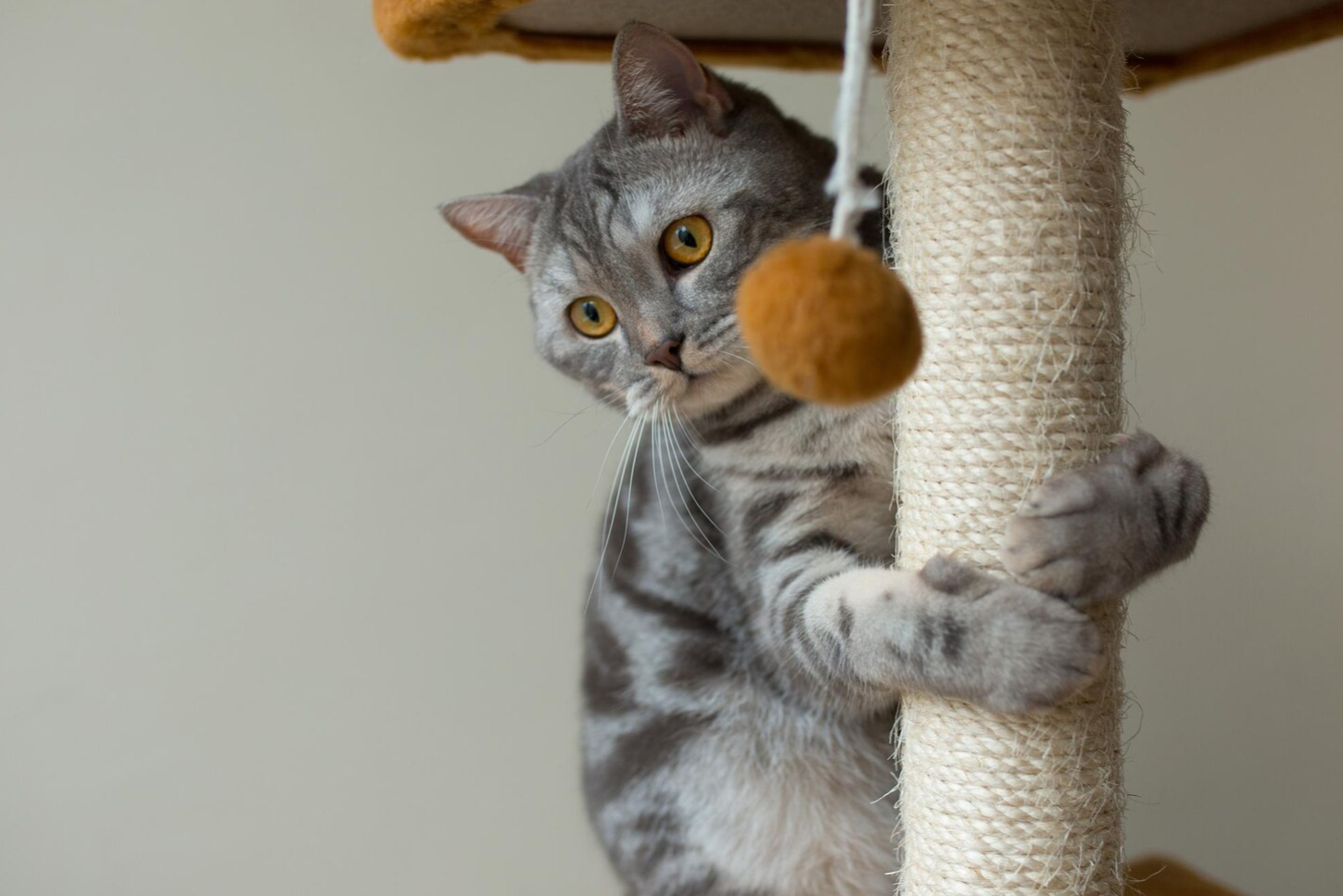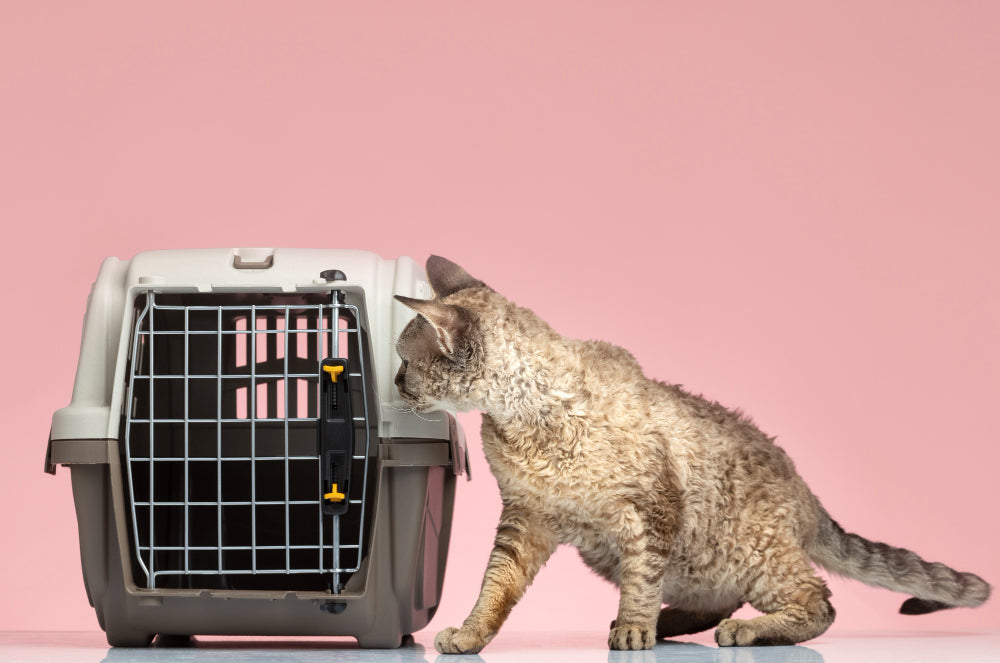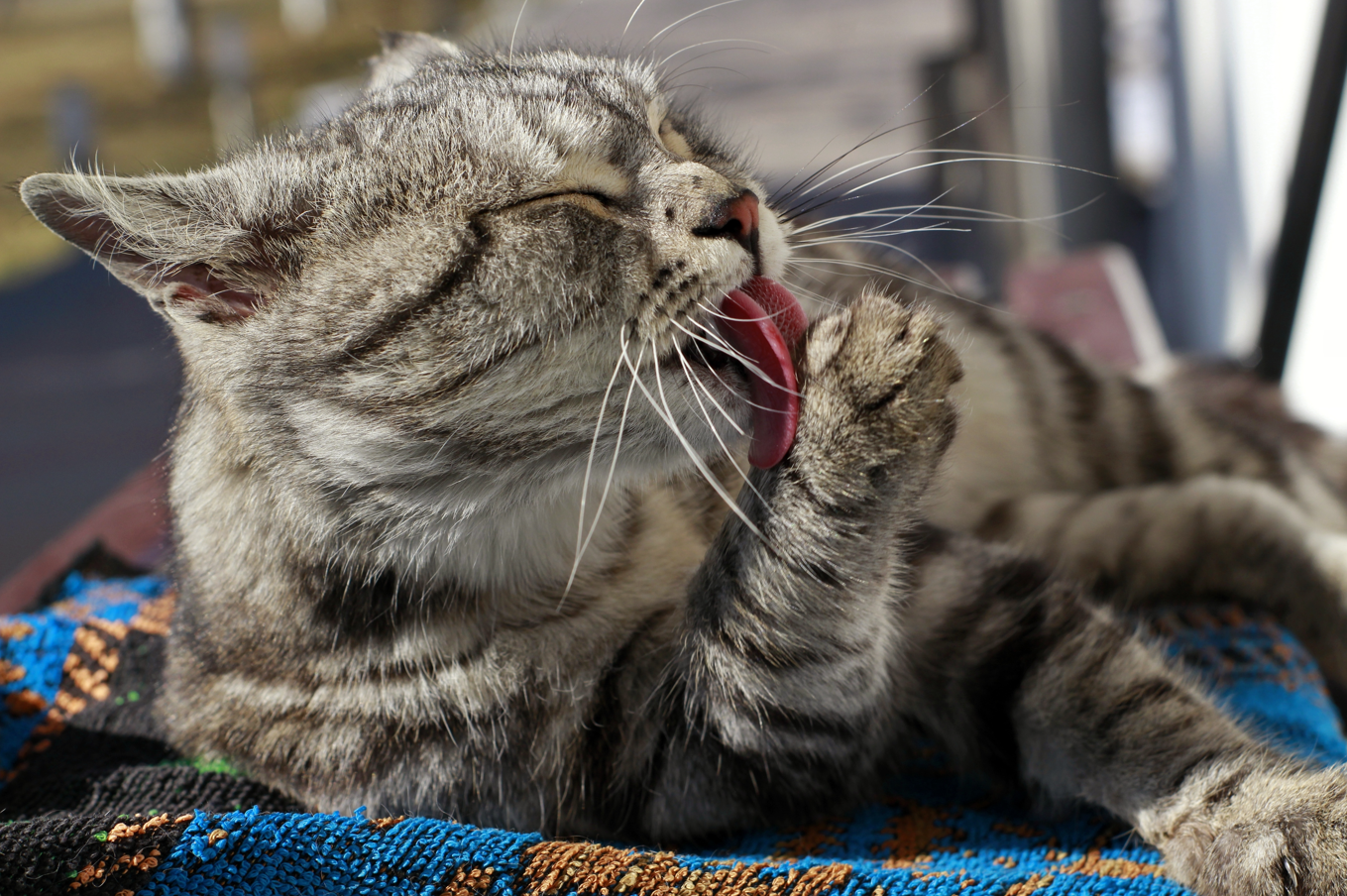
Keeping canaries: everything you need to know about this cheerful songbird
, by Michael van Wassem, 5 min reading time

, by Michael van Wassem, 5 min reading time
The canary has been one of the most popular cage birds in the world for centuries. With its clear song, friendly nature, and colorful appearance, this bird is a real asset to any home or garden. But how do you properly care for a canary? This blog tells you everything about recognizing males and females, group housing, nutrition, care, housing, and how to recognize diseases.
Canaries are small songbirds belonging to the finch family, with an average length of about 12 to 14 cm. They come in all sorts of colours: from bright yellow and white to red, orange or pied. There are even special colour, singing and posture canaries. The most well-known is the yellow singing canary, but the red factor canary is also popular.
Males are usually slightly brighter in color and sing loudly and melodiously, especially during the breeding season. Females are quieter and less vividly colored. Note: young males can sometimes also be quieter until they reach sexual maturity.
Canaries are naturally solitary birds. Males can be quite aggressive towards each other, especially in a cage that's too small. Females usually get along better, but the same applies here: the more space, the better. If you want to keep multiple birds, make sure there are enough hiding places and distractions.
A sleeping hut offers rest and shelter, especially in group housing. You can find them in various sizes and materials in the category of bird sleeping huts .
For one canary, a cage of at least 60 x 40 x 50 cm is needed, but larger is always better. For multiple birds, we recommend a spacious aviary in which they can fly horizontally. Ensure the bars run horizontally so the bird can also climb. View suitable models in the collection of bird cages and aviaries .
You can cover the bottom with bird sand or grit , which is not only hygienic but also aids digestion. Choose products from the bird sand & grit collection for a clean and functional bottom.
A cage should be both enriching and practical. Start with several perches at different heights and with varying thicknesses. This prevents foot problems and stimulates natural behavior. Discover suitable models in our bird perches .
Variety and challenge are essential for your canary's well-being. Consider adding a swing , hanging toys , mirrors , and climbing ropes, nets, or ladders . This will prevent boredom, especially for birds kept alone.
Stimulating foraging behavior is also important. Hide some seeds or treats in foraging toys to encourage natural searching behavior.
Canaries need a balanced diet. Provide fresh drinking water daily and a main food specifically tailored to their species. See our range of bird food for options .
In addition, you can occasionally give a small piece of apple, cucumber or lettuce, but do this in moderation. Always ensure clean food and water bowls , preferably separate from the perches to prevent contamination.
A healthy canary will groom its own feathers, but sometimes a little extra help can be beneficial. Check out our collection of feather care products for birds , including sprays that help with molting or itching.
Their nails also grow. They wear down less quickly in a cage than in the wild. Check them monthly and, if necessary, carefully trim them using products from the nail care category .
The cage should be thoroughly cleaned at least once a week . Remove droppings, old seed husks, and leftover vegetables or fruit daily. A thorough cleaning with warm water and bird-safe soap is recommended once a month.
The bedding should be replaced at least weekly. You can choose from several hygienic options in bird bedding .
A sick canary can often be recognized by dull feathers, huddling, reduced appetite, or less active behavior. Also watch out for abnormal droppings or excessive scratching. If in doubt, always consult a veterinary specialist for birds.
Tip: Do you notice your bird often talking to its reflection in a mirror, but then becoming listless? This could indicate loneliness. Provide more mental stimulation or consider getting a companion bird.
Want to keep your canary not only healthy, but also happy? At Fidello.nl you'll find everything you need: from the right food to toys and grooming products. View our complete bird collection and give your canary the life it deserves.


